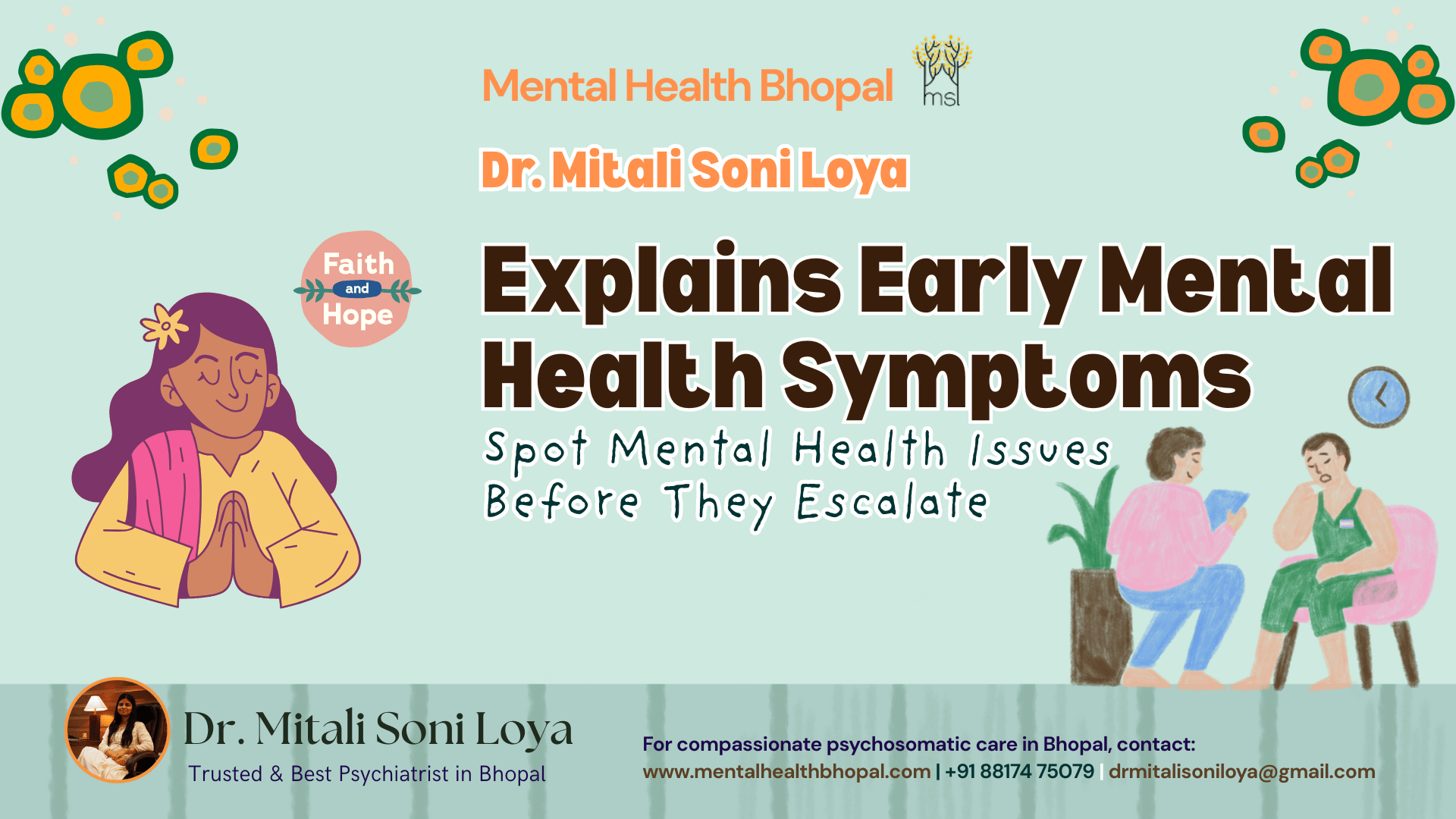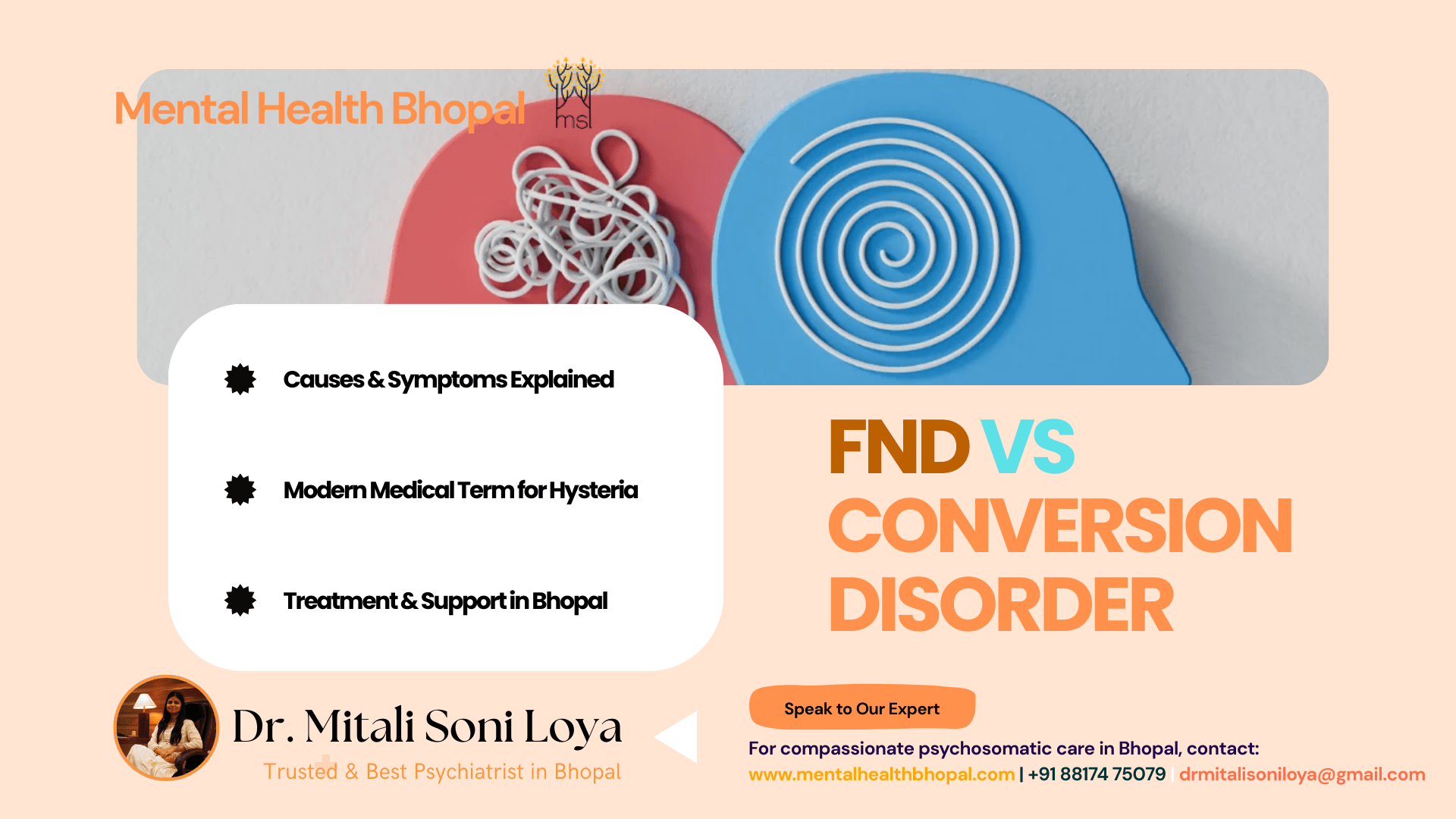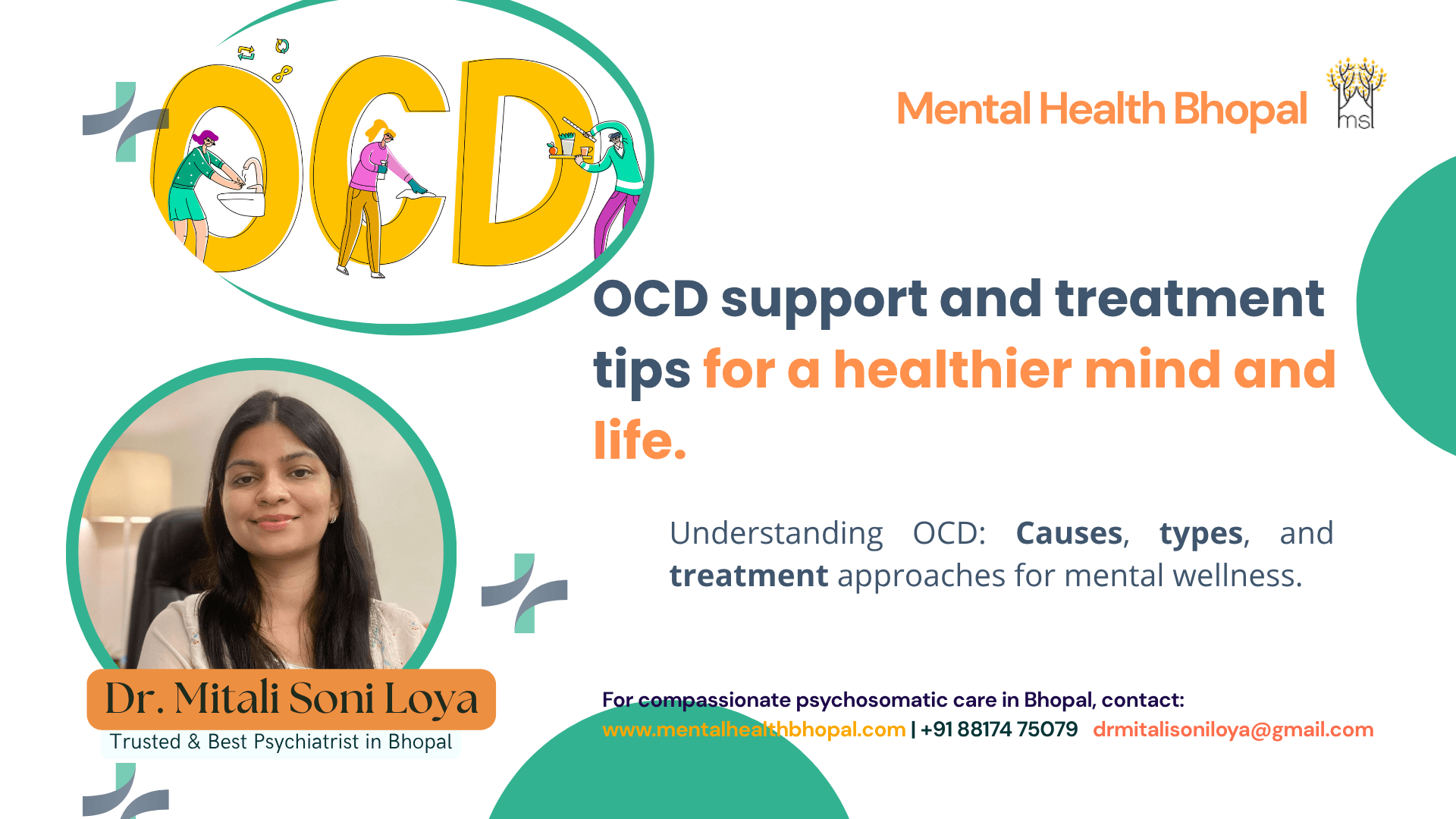In an age of constant scrolling, fast entertainment, and information overload, the quiet act of reading a book feels almost revolutionary. But beyond its educational value, reading has profound benefits for mental health. It’s more than a pastime—it’s a scientifically backed tool to reduce stress, improve emotional regulation, and strengthen the brain’s capacity to heal.
Whether it’s escaping into fiction, learning from memoirs, or gaining tools from self-help guides, reading invites the mind to slow down, process, reflect, and grow.
And in a world where mental wellness is more important than ever, this simple habit may be one of the most accessible forms of self-care.
1. Reduces stress and anxiety
One of the most immediate benefits of reading is its ability to calm the nervous system. Studies show that just six minutes of focused reading can reduce heart rate and muscle tension, lowering stress levels more effectively than music or walking.
Reading helps the brain shift attention from internal worries to external narratives, offering a healthy distraction from ruminative thoughts and anxious loops.
How it works:
- Immersive storytelling engages the imagination, allowing emotional distance from stressors
- Rhythmic eye movement and silent focus promote physiological relaxation
- Reading before bed can help regulate sleep patterns, especially when replacing screen time
2. Improves focus and concentration
In a time where our attention is fractured by digital alerts, reading strengthens the brain’s ability to sustain focus. Unlike skimming short-form content, books require us to concentrate for extended periods, enhancing cognitive endurance.
This improved attention span supports mental clarity in daily tasks and helps reduce the mental fatigue that comes from constant multitasking.
Benefits include:
- Strengthened neural pathways linked to sustained attention
- Enhanced comprehension and information retention
- A deeper sense of mental presence and mindfulness
3. Enhances emotional intelligence and empathy
Reading fiction, particularly character-driven stories, activates the same brain regions used in real-life social interaction and empathy. This phenomenon, known as “narrative transportation,” helps readers understand diverse perspectives and emotions.
Books expose us to inner thoughts, ethical dilemmas, and emotional conflicts that foster greater self-awareness and relational sensitivity.
What this means for mental health:
- Better emotional processing and self-reflection
- Improved relationships through greater empathy
- Enhanced ability to label and express emotions
4. Provides healthy escapism and emotional release
Books offer a safe space to experience emotions, process pain, or escape from reality temporarily, especially helpful for those dealing with grief, trauma, or depression.
This isn’t about denial, but emotional regulation. Stories allow readers to explore struggles indirectly, often arriving at insight or comfort through the arc of a character.
Key benefits:
- Emotional catharsis through shared experiences
- Hope and perspective through narratives of resilience
- Mental break from overwhelming real-life challenges
5. Supports cognitive health and brain function
Reading is a cognitive exercise. It stimulates areas responsible for language, memory, and critical thinking. Over time, this helps keep the brain agile, slows cognitive decline, and can even reduce the risk of Alzheimer’s in older adults.
For people recovering from mental health conditions like depression or anxiety, cognitive engagement through reading can enhance neuroplasticity and mental sharpness.
Cognitive perks of regular reading:
- Improved verbal fluency and vocabulary
- Strengthened memory through story comprehension and recall
- Increased mental resilience in later life
6. Encourages self-reflection and personal growth
Whether it’s journaling-style memoirs, philosophical essays, or motivational books, reading often mirrors the human experience in a way that prompts personal insight.
Many people find that reading helps them understand their own emotions, values, and goals better—an essential part of mental and emotional wellbeing.
Reading fosters:
- Self-discovery through relatable content
- Motivation through inspiring narratives
- A growth mindset that supports resilience and change
7. Promotes a screen-free, calming routine
Excessive screen time is linked to anxiety, poor sleep, and attention issues. Reading physical books (or even eBooks with low light) helps create intentional breaks from blue-light exposure and digital stimulation.
Establishing a reading habit—especially before bed—can become a therapeutic routine that signals the brain to unwind and transition into rest.
Mental health benefits include:
- Lower nighttime anxiety
- Healthier sleep hygiene
- Reduced information overload from social media
8. Offers a sense of connection and belonging
Books create community. Whether through reading groups, book clubs, or online discussions, shared reading experiences offer a chance for meaningful connection, especially for people dealing with loneliness or social anxiety.
Even solitary reading fosters a deep sense of connection to authors, characters, or people who’ve experienced similar emotions.
This helps with:
- Reducing feelings of isolation
- Finding identity through literature
- Building bonds with others over shared themes
Conclusion:
Reading is more than entertainment—it’s a quiet companion, a safe space, and a source of strength. Whether you're navigating stress, depression, emotional trauma, or simply seeking clarity, books offer guidance, perspective, and mental space to breathe.
In a world that moves fast, taking time to read is a radical act of self-care. And in a society where mental health is often overlooked, the benefits of reading are not just personal—they're powerful.
If you're on a mental health journey, consider adding a book to your toolkit. And if you or someone you love is struggling, don’t hesitate to seek help from a qualified mental health professional alongside these self-care practices.

 Mitali Soni Loya November 28, 2025
Mitali Soni Loya November 28, 2025
